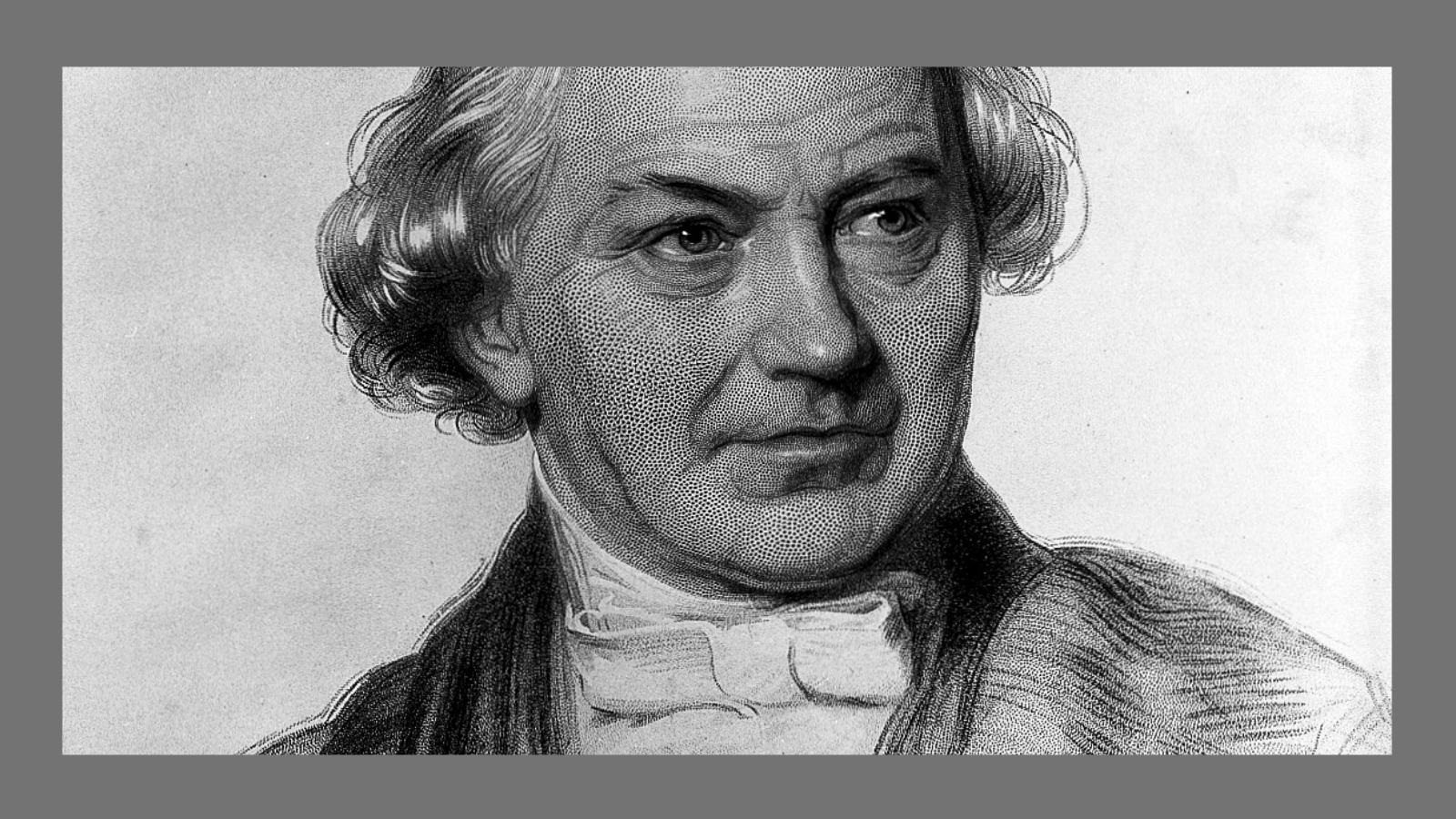

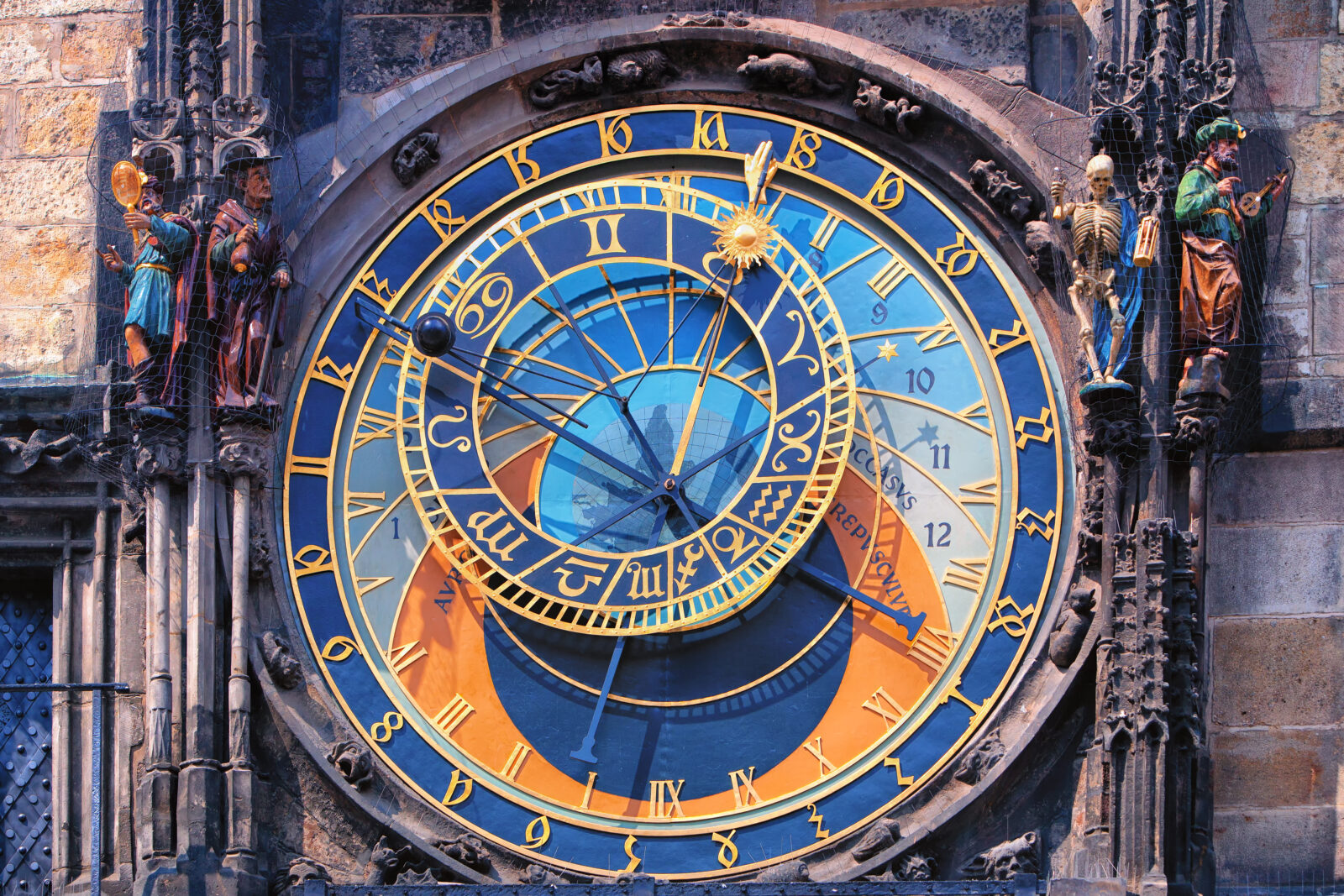
When Natural and Super-Natural Explanations Work Hand in Hand
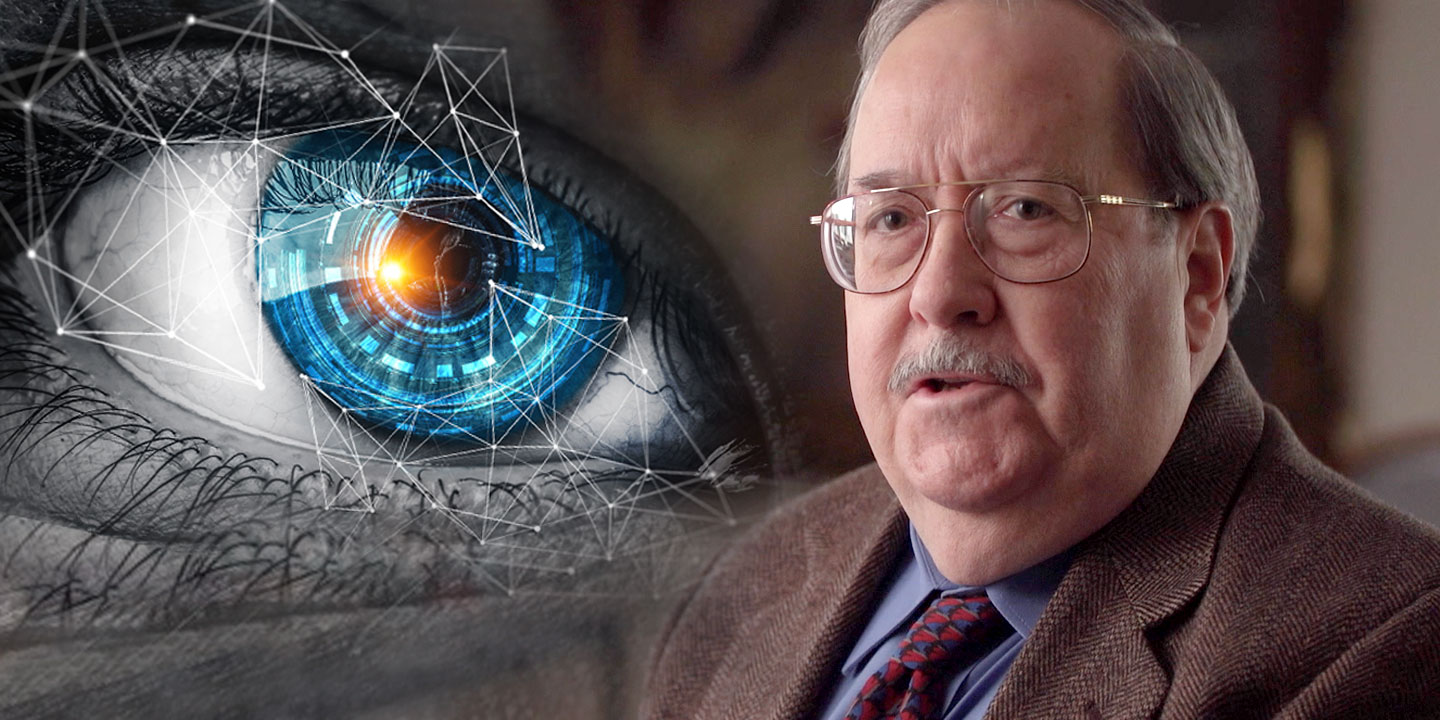
Jonathan Wells Evaluates Darwinian Evolution in New Online Course
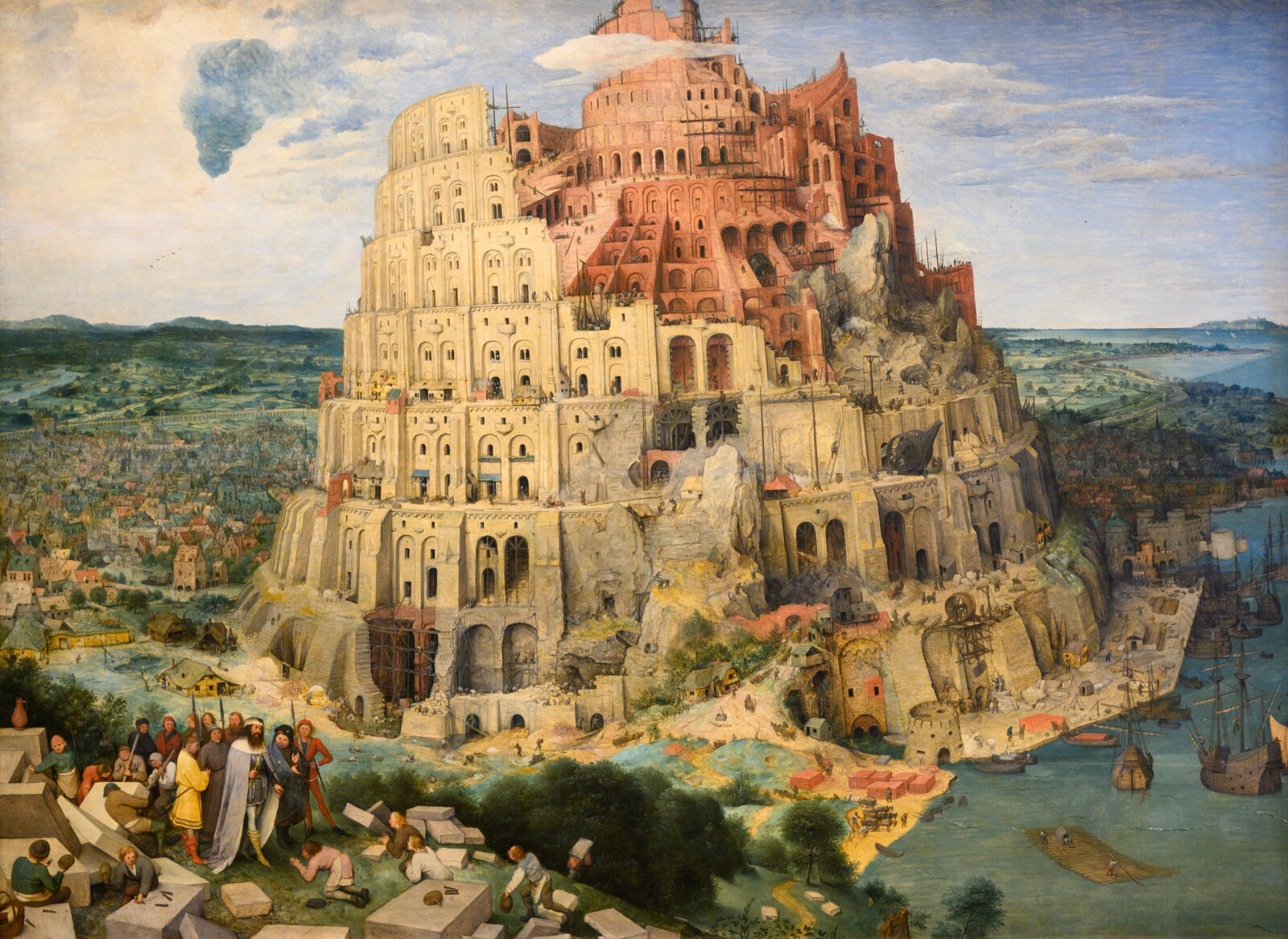
David Berlinski on His New Book, Science After Babel
On today’s ID the Future, host Andrew McDiarmid rings up Science After Babel author David Berlinski in Paris to discuss the philosopher’s latest book. Berlinski is at his cultivated best as the two discuss everything from the biblical Tower of Babel as a metaphor for modern materialistic science, to his friendship with the brilliant and colorful French intellectual Marcel Schützenberger, a world-class mathematician who was self-taught and, as we learn here, came within a hair’s breadth of being swept up in the Chinese Revolution. Berlinski also reflects on the seminal 1966 WISTAR symposium, which laid out some mathematical challenges to Darwinism, challenges that Berlinski says remain unanswered to this day. At the same time, Berlinski gives the devil—here Darwinism—its due. Tune in for this and more, and order your copy of Berlinski’s Science After Babel here.

Behe Counters the Best Objections to Irreducible Complexity and ID, Pt 3
On today’s ID the Future biologist Michael Behe and Philosophy for the People host Pat Flynn conclude their conversation (posted by permission here) about some of the best objections to Behe’s central case for intelligent design. One objection Behe and Flynn tackle in this episode: the idea of evolution overcoming the irreducible-complexity hurdle through co-option. That is, maybe the precursors to what would become one of today’s molecular machines, such as the bacterial flagellum motor, co-opted simpler machines being used for other purposes, allowing evolution to build a bacterial flagellum motor one small step at a time over thousands or millions of generations, even though the completed bacterial flagellum ceases to function at all when just one of its many key parts is removed. Behe has illustrated the idea of irreducible complexity with a mechanical mousetrap. Take away just one of its several key parts and it ceases to function even a little bit as a mousetrap. Evolutionist Kenneth Miller counters by noting that parts of the mousetrap could have served other purposes, such as a paper weight or a tie clip. Listen in to hear Behe’s explanation as to why such imaginative reasoning is no help to the evolution of irreducibly complex biological wonders like the bacterial flagellum. At the end of the conversation, Flynn points listeners to a web page where he has gathered his several conversations with Behe over the years, including two that involved debates with pro-evolution guests. That page is here. Flynn also calls attention to Behe’s four books, including his latest one, where he answers many objections posed by his critics, with many of the critiques appearing in high-level science journals. The book is A Mousetrap for Darwin. You can get it here and here in hardcover, paperback, or Kindle/eBook.
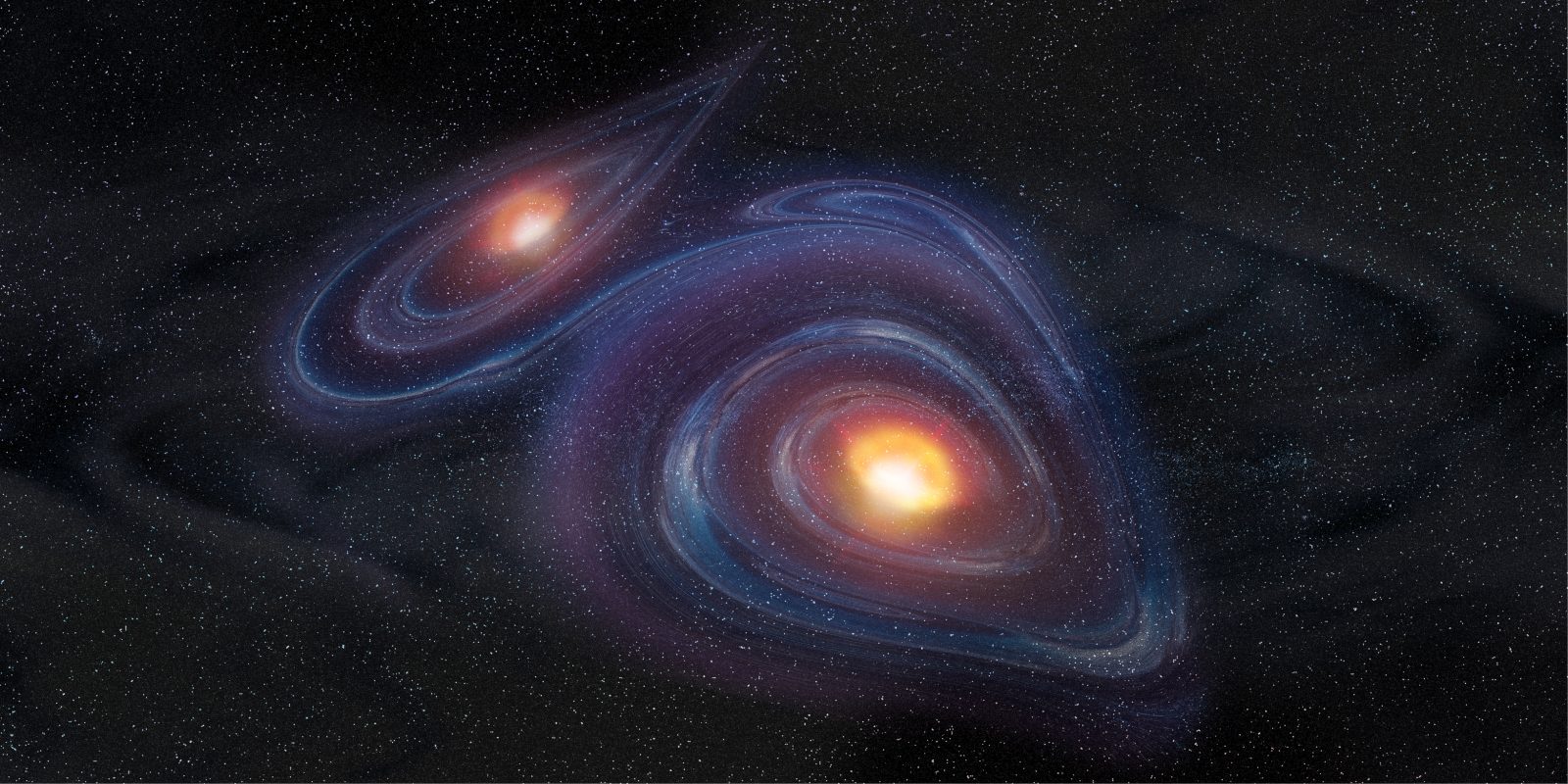
Paul Nelson on Freeing Minds Trapped in a Naturalistic Parabola
On this ID the Future from the vault, philosopher of biology Paul Nelson continues sharing with host Andrew McDiarmid about pursuing intelligent design theory in a science culture committed to naturalism. As Nelson puts it here, it’s about trying to communicate with scientists who are trapped in a “naturalistic parabola.” That parabola sets the rule and defines the boundaries for science: naturalistic answers only. And it extends to infinity, so no finite number of objections or counter-examples can force naturalistic scientists out of it. Nelson, however, offers an alternative strategy for drawing them out of the parabola.

Carl Sagan’s Love/Hate Relationship with Intelligent Design
On today’s ID the Future, philosopher of science Paul Nelson explores an intriguing tension in the thinking of famous scientist and science popularizer Carl Sagan concerning his agnosticism shading into atheism on the one hand, and on the other hand his embrace of certain ideas consistent with the theory of intelligent design. As Nelson is quick to clarify, if Sagan had lived to see the rise of the contemporary intelligent design movement, he probably would have rejected it, particularly its theistic implications. And yet, Nelson says, Sagan’s thinking and arguments laid out in his Gifford lectures and in his science fiction novel Contact strongly support the idea that intelligent design can be detected. Nelson goes further, saying that if we take the methods Sagan laid out for detecting intelligently designed radio signals from extra-terrestrial intelligence, and apply them to patterns in nature that ID theorists have pointed to (such as DNA), it’s hard not to see his methodology triggering a design inference. Tune in to hear Nelson’s reflections on this important tension in Sagan’s thinking, and what, according to Nelson, prevented Sagan from fully resolving it.
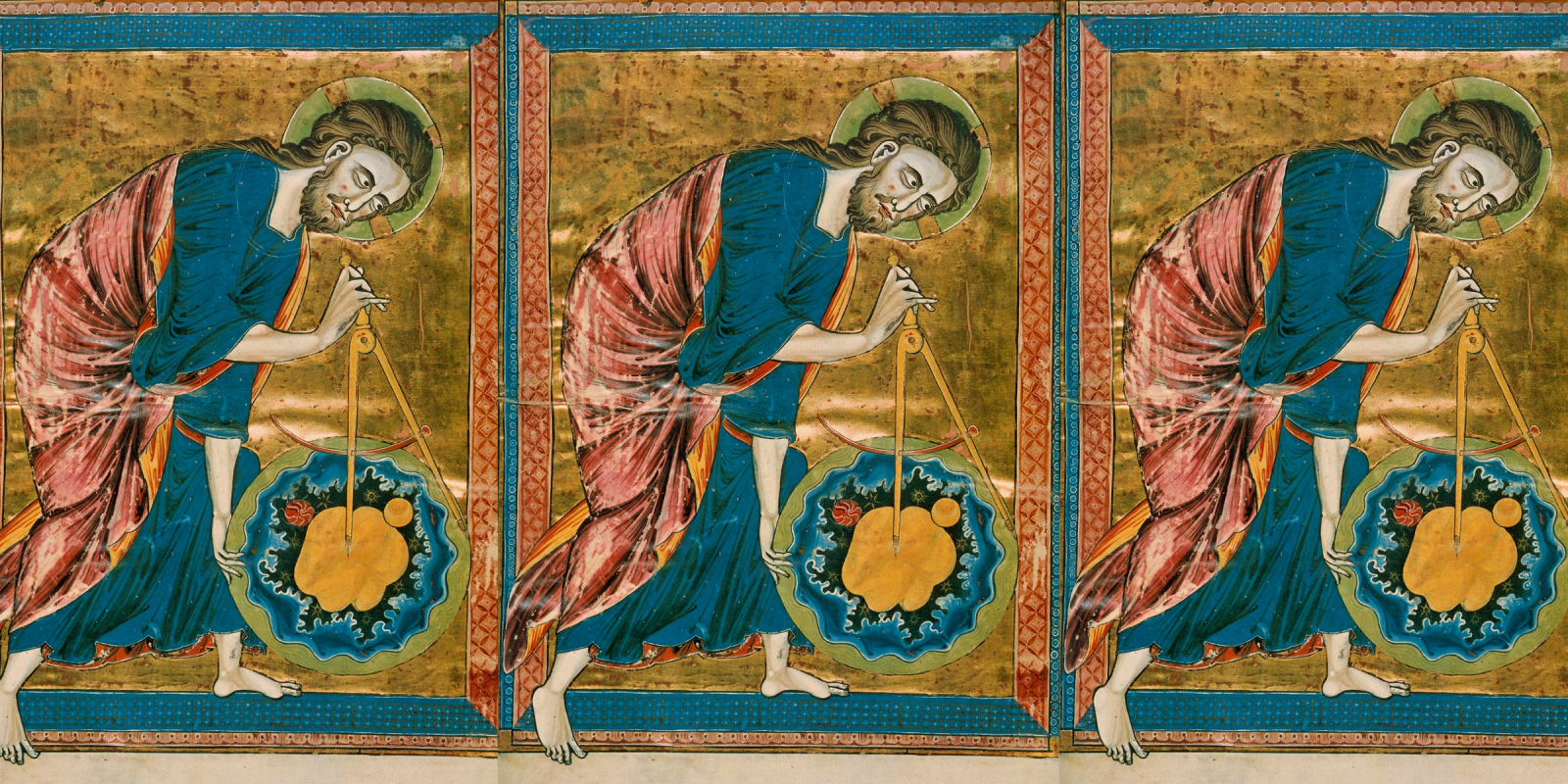
William Dembski on Scientism, Science, and Christian Faith
On today’s ID the Future, philosopher William Dembski and host Casey Luskin explore the relationship between science and faith. What is science? What is faith? How does Christianity define faith? Dembski explains that faith in the Judeo-Christian tradition is not the opposite of reason; at the same time, faith possesses a relational component—trust in a just, gracious, and reasonable God—that goes beyond mere assent to propositions. As for science, Dembski describes it as a careful search for truths about the natural world, including truths about key elements such as the birth of our fine-tuned universe and the origin of living things. Dembski says that he is convinced that scientific discoveries, unshackled from atheistic blinders, point strongly to intelligent design as the best explanation for life and the universe, a conclusion friendly to theism. As Dembski also notes, science was invented by theists, most of them Christians. They were motivated to search out the rational underpinnings of a cosmos because they believed it was fashioned by a rational designer. The occasion for the conversation is the recent Harvest House anthology, The Comprehensive Guide to Science and Faith: Exploring the Ultimate Questions about Life and the Cosmos, which Dembski co-edited and contributed a pair of chapters to. Get your copy here.

Pt. 2: Stephen Meyer and Skeptic Michael Shermer
Today’s ID the Future continues a lively and cordial conversation between atheist Michael Shermer and Stephen Meyer, author of Return of the God Hypothesis: Three Scientific Discoveries That Reveal the Mind Behind the Universe. In this segment of the four-part series, Shermer and Meyer discuss a fourth argument for theism, the moral law within. Then they discuss the similarities and differences between inferring design for something like the Rosetta Stone versus inferring intelligent design from the information in DNA or the fine tuning of the universe. The interview is reposted here by permission of Michael Shermer.

Stephen Meyer and Skeptic Michael Shermer, Pt. 1
Today’s ID the Future spotlights the first part of a lively and cordial conversation between host and atheist Michael Shermer and Stephen Meyer, author of Return of the God Hypothesis: Three Scientific Discoveries That Reveal the Mind Behind the Universe. In this first of the four-part series, the two touch on everything from Meyer’s three key lines of evidence for theism to a quick flyover of less well-known materialistic origins theories, including the oscillating universe model, panspermia as an explanation for the origin of the first life on earth, and Stephen Hawking’s idea of imaginary time. Meyer lumps many of these ideas under what he terms exotic naturalism and suggests that the atheists who defend these explanations are multiplying exotic and unobserved entities to hold at bay a much simpler and more reasonable explanation for the evidence—namely, intelligent design. But is Meyer simply guilty of confirmation bias in arriving at his conclusion? Meyer turns the question around and suggests that it’s those who are wedded to methodological materialism who appear to be led by a confirmation bias. The interview is reposted here by permission of Michael Shermer.